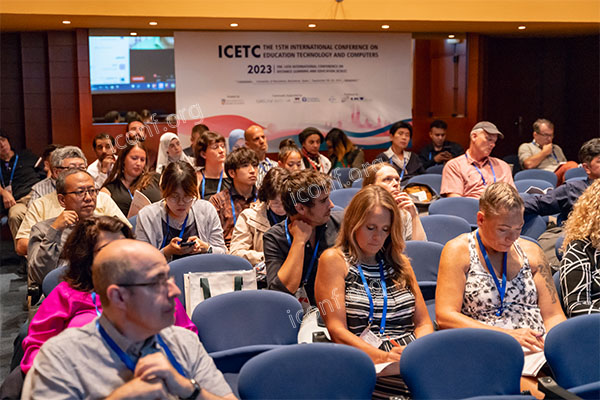1. Choose the Right Conference
Before drafting your abstract, identify conferences aligned with your research niche. Key factors:
- Scope: Match your topic to the conference’s theme (e.g., AI ethics, renewable energy).
- Audience: Target events attended by key opinion leaders in your field.
- Timelines: Note submission deadlines (typically 3-6 months pre-event).
iConf.org Tip: Use iConf.org’s Smart Matching Tool to filter conferences by impact factor, acceptance rate, and submission deadlines.

2. Understand the Submission Guidelines
Conference organizers enforce strict rules. Always check:
- Word Count: Abstracts typically range from 150–300 words (e.g., IEEE) to 1,000 words for extended summaries.
- Formatting: Font (Times New Roman 12pt), line spacing (1.5), and section headings (e.g., Objective, Methods, Results).
- Blind Review Requirements: Remove author names, affiliations, and acknowledgments.
Critical Rule (From ): Non-compliant abstracts risk desk rejection.
iConf.org Advantage: Download pre-formatted templates for 500+ conferences directly on the platform.
3. Structure Your Abstract for Impact
Follow this universally accepted framework ():
-
Introduction (1–2 sentences):
- State the research problem and its significance.
Example: “Climate-induced crop failures threaten food security in sub-Saharan Africa, yet scalable mitigation strategies remain understudied.”
-
Methods (2–3 sentences):
- Briefly describe your approach (e.g., experimental design, data sources).
Example: “We analyzed 10 years of satellite data and conducted field trials with CRISPR-edited drought-resistant maize.”
-
Results (2–3 sentences):
- Highlight key findings with quantifiable data.
Example: “Yield increased by 42% in drought conditions (p<0.01), with no trade-offs in nutritional value.”
-
Conclusion (1–2 sentences):
- Emphasize broader implications.
Example: “This bioengineering approach offers a sustainable path to climate resilience in arid regions.”
Avoid These Mistakes ():
- Background literature reviews (save for full papers).
- Vague statements like “further research is needed.”
- Citations (unless explicitly required).
4. Optimize for Keywords and Readability
- SEO for Abstracts: Include 3–5 field-specific keywords (e.g., “machine learning,” “nanoparticle drug delivery”).
- Clarity: Use active voice (“We demonstrated” vs. “It was demonstrated”) and avoid jargon.
iConf.org Tool: The platform’s AI Abstract Analyzer scores readability, keyword relevance, and compliance with guidelines.
5. Submit Through the Conference Portal
Most conferences use online systems like iConf.org’s unified dashboard:
- Create an Account: Link your ORCID ID for automatic profile updates.
- Upload Files: Submit PDF and editable formats (DOCX, LaTeX).
- Add Metadata: Keywords, presentation preferences (oral/poster), and co-author approvals.
Post-Submission:
- Track status via iConf.org’s Submission Tracker.
- Revise if requested (30% of conferences allow minor edits post-deadline).
6. Avoid Common Rejection Pitfalls
Top reasons for abstract rejection ():
- Lack of Novelty: Ensure 75%+ of your content is unpublished.
- Overly Broad Claims: Focus on specific, data-backed conclusions.
- Ethical Issues: Disclose funding sources and IRB approvals.
iConf.org’s Peer Review Simulator: Get anonymized feedback from past conference reviewers before submitting.
Why iConf.org Dominates Academic Submissions in 2025
- Global Reach: 80% of IEEE, ACM, and Nature-indexed conferences use iConf.org.
- AI-Driven Quality Checks: Instant alerts for formatting errors, plagiarism, and guideline violations.
- Analytics Dashboard: Track submission impact, reviewer engagement, and citation potential post-acceptance.
Final Tip: Always cross-verify guidelines on the conference’s official website. For stress-free submissions, leverage iConf.org’s all-in-one toolkit—trusted by 1M+ researchers worldwide.
Need a Template? Download 50+ discipline-specific abstract examples at iConf.org/resources.
